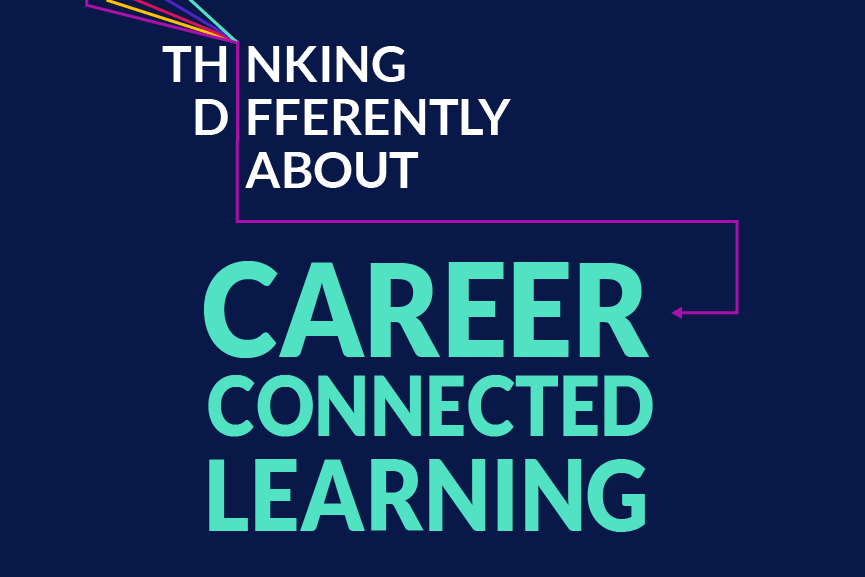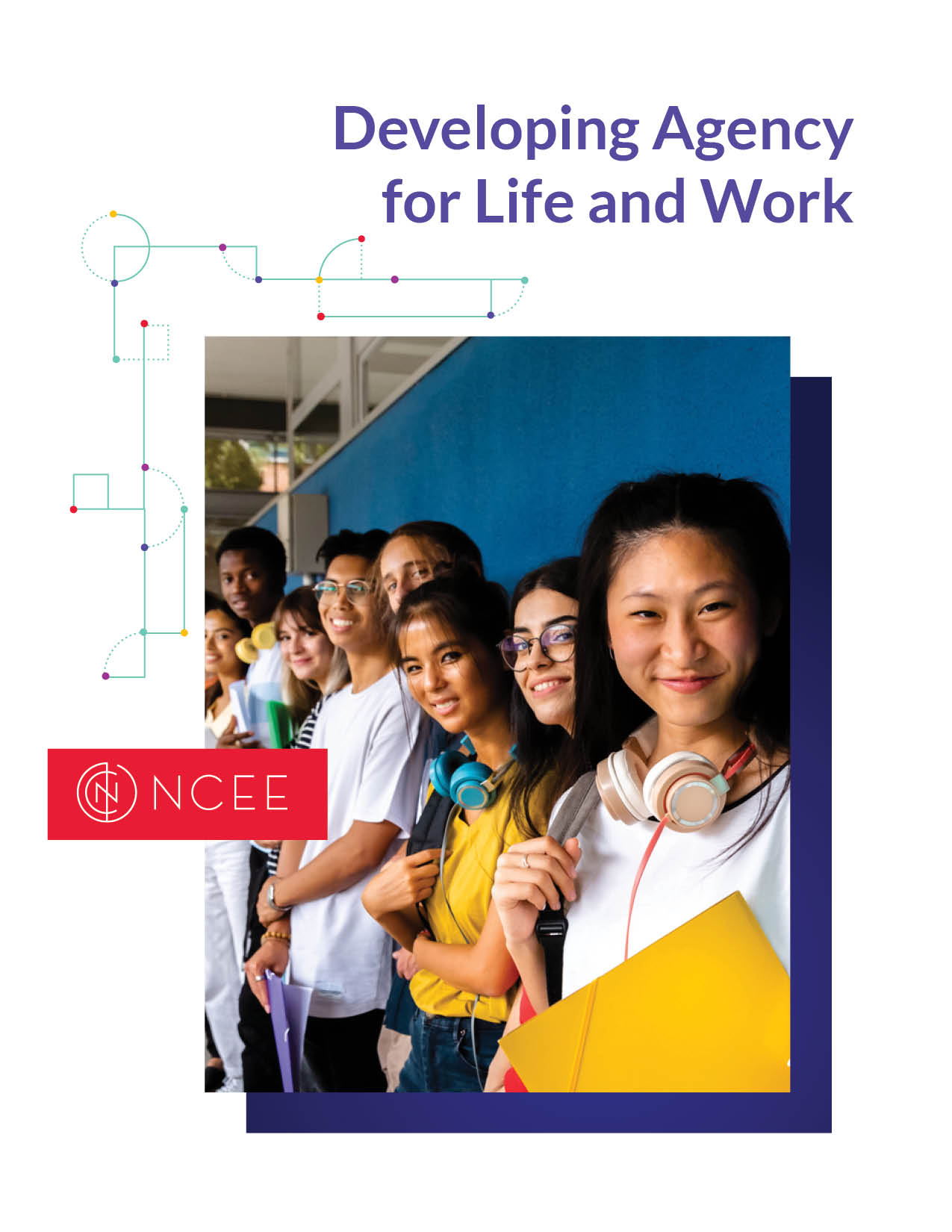
“I stopped thinking about my job as just running the school day-to-day. I started thinking about how to create conditions for learning that lasts.” –Principal in a Rhode Island School
In 2017, the Rhode Island Department of Education (RIDE) made a strategic decision to invest deeply in leadership as the key lever for strengthening schools, partnering with the National Institute for School Leadership (NISL) to make it happen. The result is a quiet but powerful transformation in how school leaders across the state think and work.
More than 200 principals, district administrators, and superintendents across the state have completed the NISL program. Not only has the experience guided their individual leadership development—shifting mindsets from focusing on daily logistics to thinking strategically about the future—it has created a shared language of trust among leaders. This allows them to align priorities, collaborate more effectively, and bring coherence to their districts.
“Before, every building was doing its own thing. Now, there’s a common way of approaching problems. Leaders are actually learning together, and that wasn’t happening before.” – State leader in Rhode Island
Perhaps most importantly, Rhode Island’s leaders are no longer doing this work alone. The NISL experience has built a network of peers across the state. This community of practice helps leaders support one another, share ideas, and problem-solve together. It’s a network they can lean on long after the program ends.
“As a principal, I used to feel like I was managing in isolation. Now, because of NISL, I feel supported—there’s a network and a framework I can lean on.” – Principal in a Rhode Island School
And the results are clear. Since Rhode Island began this investment, statewide educator surveys show a nine-point increase in teachers rating school leadership as effective, from 49 percent in 2018 to 58 percent in 2025. In districts with the highest participation in NISL, those gains are even stronger, with some reporting double-digit increases in leadership effectiveness and significant improvements in school climate. Student outcomes are improving too, from higher graduation rates in Career and Technical Education programs to notable gains in math achievement and equitable identification of learning needs across districts.
Rhode Island’s experience shows what can happen when leadership development moves beyond a professional learning opportunity to create a system of support. When leaders grow together, schools grow stronger, and the entire system learns to lead itself forward. Read the full story here.




